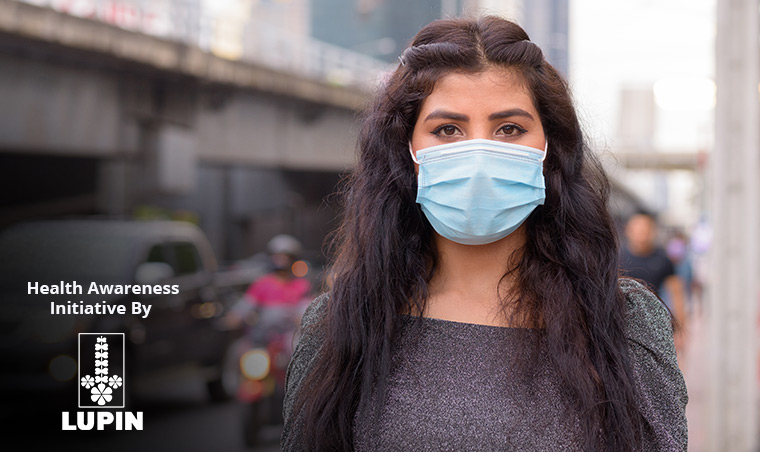Omicron Variant – What Is Known Till Now?
By Dr. Nikita Toshi +2 more

Get,

to manage your symptom
Get your,


4 Cr+ families
benefitted

OTP sent to 9988776655



You’ve successfully subscribed to receive
doctor-approved tips on
Whatsapp

Get ready to feel your best.

Hi There,



Register to Avail the Offer
Send OTPBy continuing, you agree with our Privacy Policy and Terms and Conditions

Hi There,

Trusted by 4 crore+ families

OTP sent to 9988776655



You have unlocked 25% off on medicines




Code: NU25

By Dr. Nikita Toshi +2 more
When the world had started believing that COVID-19 is about to enter the endemic stage, the virus has struck back with a brand new variant named Omicron, also known as B.1.1.529. The new variant has reignited the speculations over the emergence of a third COVID-19 wave in India, which can completely disrupt our life. As per the initial research, the new variant has a high amount of spike mutations that were never recorded before.

Omicron seems to be very rampant in terms of spreading as its cases did not take many days to pop up in many other countries after first being reported in South Africa. The World Health Organisation (WHO) has listed Omicron as a “variant of concern”.
Table of Contents
The newest variant of SARS-CoV-2 was first reported to the WHO on November 24, 2021. The variant was detected in the specimen collected on November 11 in Botswana and on November 14 in South Africa.
Soon after receiving the report, WHO classified Omicron as a variant of concern on November 26, followed by the United States on November 30 before the country recorded its first case on December 1. The next day, India recorded its first two cases of the Omicron variant.
With the limited number of cases recorded so far, there is only a little information available about the symptoms. It has been said that the Omicron variant can present itself with extreme tiredness, body aches, throat discomfort (scratching or soreness), fever and some headache.
As the number of cases has been very low so far, there can be a possibility of this strain presenting severe symptoms in some people. Hence, experts are suggesting not to take this variant lightly.
The Omicron variant likely will spread more easily than some of the previous variants of the SARS-CoV-2 virus and how easily Omicron spreads compared to Delta remains unknown. More data are needed to know if Omicron infections and especially reinfections and breakthrough infections in people who are fully vaccinated, cause more severe illness or death than infection with other variants. Scientists are working to determine how well existing treatments for COVID-19 work. Based on the changed genetic make-up of Omicron, some treatments are likely to remain effective while others may be less effective.
Current vaccines are expected to protect against severe illness, hospitalizations and deaths due to infection with COVID-19 and also the Omicron variant. However, breakthrough infections in people who are fully vaccinated are likely to occur. With other variants, like Delta, vaccines have remained effective at preventing severe illness, hospitalizations and death. The recent emergence of Omicron further emphasizes the importance of vaccination and boosters.
Scientists are working to learn more about the Omicron variant to better understand how easy it might be transmitted and the effectiveness of currently authorized or approved medical countermeasures, such as vaccines, therapeutics and diagnostic tests, against this variant. New information about the virologic, epidemiologic and clinical characteristics of the Omicron variant is rapidly emerging. Scientific bodies recommend wearing a mask in public indoor settings in areas of substantial or high community transmission, regardless of vaccination status.
Disclaimer: The information included at this site is for educational purposes only and is not intended to be a substitute for medical treatment by a healthcare professional. Because of unique individual needs, the reader should consult their physician to determine the appropriateness of the information for the reader’s situation.

Leave your comment...
Comments